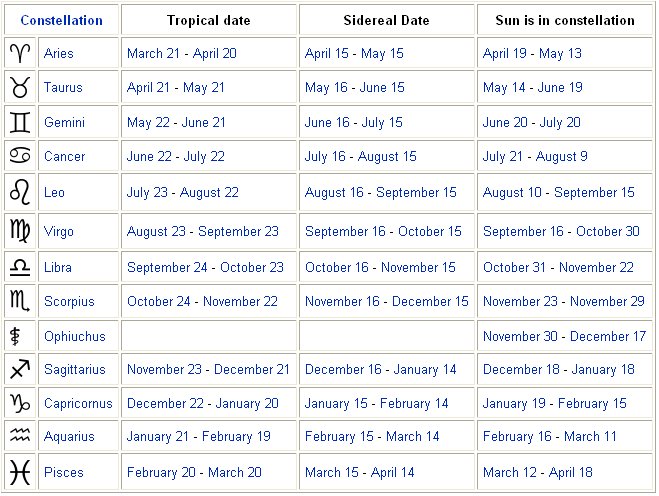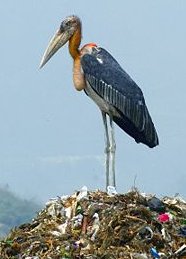|
TRANSLATIONS
There are three links which lead to pages giving explanations:
|
(Ref.: Wikipedia)
"... Bayer added to his
titles for Ophiuchus Grus aut Ciconia Serpenti cum
inscriptione, Elhague, insistens, which he said was from the
Moors, but Ideler asserted was from a drawing of a Crane, or
Stork, on a Turkish planisphere instead of the customary figure;
and the Almagest of 1551 alludes to Ciconia as if it were
a well-known title. All this, perhaps, may be traced to ancient
India, whose mythology was largely astronomical, and the
Adjutant-bird, Ciconia argala, prominent in
worship as typifying the moon-god Soma, so that its devotees
would only be following custom in locating it among the stars
..." (Allen)
|

"The modern English
word can be traced back to
Proto-Germanic *sturkaz.
Nearly every Germanic language has a
descendant of this proto-language
word to indicate the (White) stork
... the
Germanic root is probably related to
the modern English 'stark', in
reference to the stiff or rigid
posture of a European species, the
White Stork. A non-Germanic word
linked to it may be Greek torgos
('vulture').
In some West Germanic
languages cognate words of a
different etymology exist. They
originate from *uda-faro,
uda being related to water
meaning something like swamp
or moist area and faro
being related to fare, so
*uda-faro being he who walks
in the swamp. In later times
this name was reanalyzed as
*ōdaboro, ōda 'fortune,
wealth' + boro 'bearer'
meaning he who brings wealth
adding to the myth of storks as
maintainers of welfare and bringing
the children ...
In Victorian times
the details of human reproduction
were difficult to approach,
especially in reply to a younger
child's query of 'Where did I come
from?'; 'The stork brought you to
us' was the tactic used to avoid
discussion of sex. This habit was
derived from the once popular
superstition that storks were the
harbingers of happiness and
prosperity, and possibly from the
habit of some storks of nesting atop
chimneys, down which the new baby
could be imagined as entering the
house ...

(Wikipedia)
|
I suggest Roto
Iri Are is the 'Season of The Stork', i.e. the month
'bringing' (announcing the arrival of) Tama (the baby
sun). The Victorians preferred the myth before the truth. A sun
child must come from above (where father sun moves), therefore a
bird is necessary for the transport. The Indian bird named
Adjutant belongs to another genus (Leptoptilos) than the
storks, and they fly with their necks retracted (while storks
have their outstretched):
Carrying babies
around their necks of course explains why they cannot have their
necks outstretched.
|
|
Down through the
chimneys, into the houses, storks deliver babies. Houses are
'female' and from inside the 'houses' the babies will then be
delivered out into the light. The word roto
means 'inside'.
|
Roto
1. Inside. 2. Lagoon (off the coast,
in the sea). 3. To press the juice out of a plant;
taheta roto pua, stone vessel used for
pressing the juice out of the pua plant, this
vessel is also just called roto. Roto o
niu, east wind. Vanaga.
1. Marsh, swamp, bog; roto nui,
pond; roto iti, pool. 2. Inside, lining; o
roto, interior, issue; ki roto, within,
into, inside, among; mei roto o mea, issue;
no roto mai o mea, maternal; vae no roto,
drawers. Churchill. |
The creation
chant is using the expression ki ai ki roto for the
consequences (ai) of 'going inside' (ki roto),
e.g.:
|
Ti
by copulating with Ta (Tattoing) produced the
ti. |
he ti ki ai ki roto ki a he ta ka pu te ti |
|
Acridness by copulating with bad-taste produced the
arum. |
mangeongeo ki ai ki roto he rakerake ka pu te
kape |
| Ai
Aai 1.
Who: interrogative pronoun used in place of koai
te mee...: Aai i-tu'u-mai-nei, e-haśru-ró-ana au? =
Koai te mee i-tu'u-mai-nei, e-haśru-ró-ana au?
Who is it who came here when I was sleeping? 2.
Whose: genitive pronoun. Vanaga.
1. (Ko ai) Who, which. 2.
Then. 3. Consequence. 4. (Hai). Churchill. |
The rest of the
name of the kuhane station, iri are, is
fetched from the name of a kind of sea-weed (iri-are):
| Iri
1. To go up; to go in a boat on the
sea (the surface of which gives the impression of
going up from the coast): he-eke te tagata ki
ruga ki te vaka, he-iri ki te Hakakaiga, the men
boarded the boat and went up to Hakakainga.
2. Ka-iri ki puku toiri ka toiri. Obscure
expression of an ancient curse. Vanaga.
Iri-are, a seaweed. Vanaga. |
| Are
To dig out (e.g. sweet potatoes).
Formerly this term only applied to women, speaking
of men one said keri, which term is used
nowadays for both sexes, e.g. he-keri i te
kumara, he digs out sweet potatoes. Vanaga.
To dig, to excavate. Churchill. |
|
|
February comes
after January, which month is the 'gate' (ianua) between the years:

(Wikipedia)
When the
'door' has been opened, the 'stork' may introduce a sun baby,
and then arrives spring equinox, when the reincarnated sun comes
out into our world.
|
January |
the 'door'
is opened |
Hatinga
Te Kohe |
|
February |
annunciation |
Roto
Iri Are |
|
March |
birth |
Tama |

'The Annunciation' according to Leonardo
da Vinci. (Wikipedia)
|
Angels need wings too.
|





